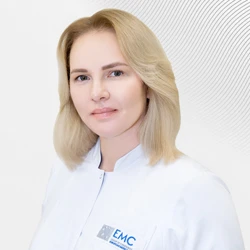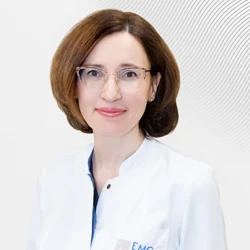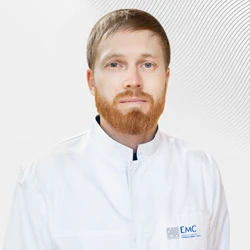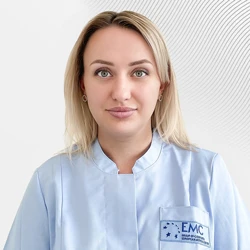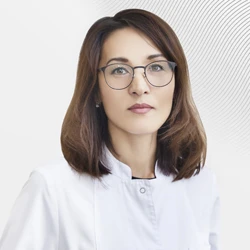Childhood myopia
When parents first learn that a child has nearsightedness (myopia), they ask questions:
- What caused myopia?
- How to treat myopia?
- Is there any way to influence the development of myopia?
In recent decades, the number of children with myopia has been steadily increasing. In Russia in the 60-70 years, myopia was diagnosed only in one in six. Today, according to various authors, one in three has nearsightedness of one degree or another. Scientists are wondering what influences these statistics: the proliferation of computers and various gadgets, an increase in the need for reading, a change in diet, or something else? But the main question for parents is whether anything can be done to slow down or stop the progress of myopia in children. Or, if a child is destined to be short-sighted, will his eyesight deteriorate every year?
What is the risk of myopia?
We will not consider the cost of glasses or contact lenses, which have to be changed annually. The earlier myopia appeared (7-8 years old), the higher the probability that in adulthood (after 20 years) there will be a so-called high-grade myopia (this term refers to a correction of -6.25D or more). And with high myopia, there are risks of developing other serious eye diseases such as cataracts, retinal degeneration and detachment, etc.
What causes myopia in children?
It is not fully known why some children become short-sighted, while others do not. One of the main factors (but by no means the only one) is heredity. In other words, if both parents have short-sightedness, then the child has a high chance of being short-sighted too. However, it is impossible to predict which of the children will inherit this condition if only to study the family tree – in a family where all members have excellent eyesight, one of the children may develop myopia.
Some researchers point to the negative effects of reading on children's eyesight. Spasm of accommodation during excessive reading or reading at close range for a long time can increase the risk of developing myopia. Or they may not have any effect. No one knows for sure yet.
The cause of the appearance and progression of myopia is not completely clear. Recently, new interesting data has emerged: the more a child spends outside an enclosed space (especially at the age of 6-10 years), the less often myopia appears or progresses more slowly! (In 2011, British researchers collected data on 10,400 children over 10 years).
For many years, ophthalmologists have been trying to use various methods to control myopia, with limited or negligible success. In the arsenal of ophthalmologists, you can find various medicines, vitamins and dietary supplements designed to improve blood circulation, trophism, and enhance the adaptive abilities of the eyes. Various laser magneto, vibro-color stimulation, and electrophoresis are used for the same purpose. There are various eye muscle workouts, both at home and on special devices. Osteopaths, massage therapists, and acupuncture were also not ignored. Various types of exercise glasses have been invented - with many small holes or with progressive (multifocal or special lenses that correct the "peripheral hypermetropic defocus of nearsighted eyes"), other special lenses. Rigid gas-permeable contact lenses for orthokeratology (so-called "night lenses") are used. Various surgical interventions have been developed aimed at mechanically fixing the walls of the eyeball and delaying its "stretching" - collagen retrocleroplasty, sectoral scleroplasty, circular scleroplasty.
One of the relatively recent developments is the long–term use of Atropine in low, homeopathic dosages that do not interfere with pupil function, but bind to receptors in the sclera and inhibit its growth. Each of these methods was accepted with great enthusiasm by both doctors and parents. Short-term follow-up, 1-4 years, yields promising results. Some authors talk about an 85% success rate in slowing down the process of vision loss in short-sighted people. However, years pass, and the long–term results are already much more modest - the success rate decreases to statically insignificant figures.
Another method of controlling myopia has not yet been mentioned – deliberate under-correction of myopia in glasses or contact lenses. The idea was that under-correction reduces the need for close-up focus. Unfortunately, studies show that such an under-correction not only does not reduce the rate of progression of myopia, but on the contrary can accelerate its development. Also, under-correction leads to low distant vision, which can interfere with a child's learning and sports. Myopia usually develops in elementary or middle school. The peak of visual impairment occurs at the age of 10-12 years. In adolescence, these processes slow down. It should be understood that all efforts to "control" myopia in children are not aimed at correcting myopia as such – none of the above techniques allows you to return the child's eye to its original state of good vision without any correction.
You've probably heard on the radio or seen ads for various trainings or special glasses that will get rid of your nearsightedness (farsightedness, glaucoma and cataracts, in addition). However, no such technique has yet appeared in the world with confirmed results! Be careful.
Why the EMC
The first and only clinic in Russia, created in the image of the world's leading clinics
EMC is a multidisciplinary center offering patients a high level of medical services and a personalized approach
Worldwide recognition and awards
 Learn more
Learn more
Worldwide recognition and awards
 Certificates and licenses
Certificates and licenses
Make an appointment for a consultation
Specify your contacts and we will contact you to clarify the details
Reviews
and new products of the EMC

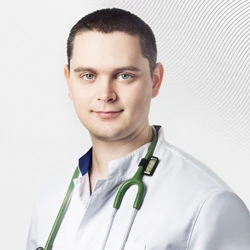
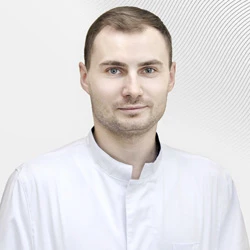
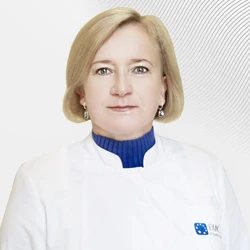
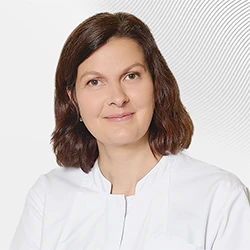
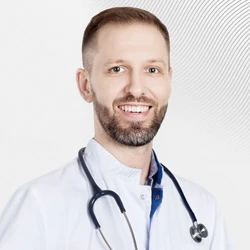
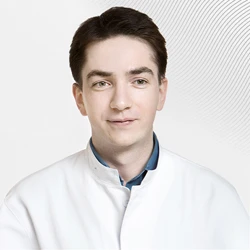
.webp)
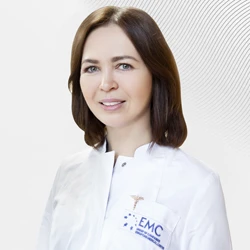
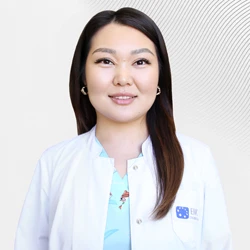

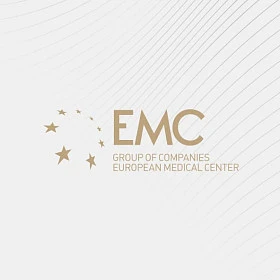
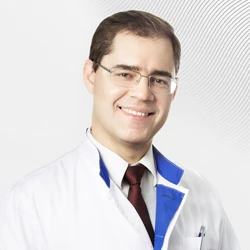
.webp)
